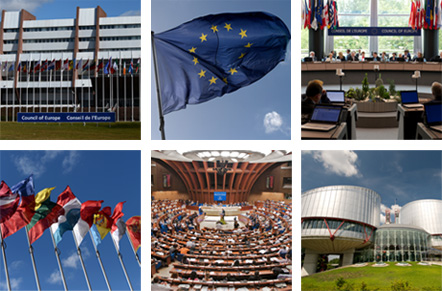Since 2008, the Council of Europe, through its flagship programme Intercultural Cities, has supported more than 120 local authorities in Europe and around the world, in designing and implementing inclusive policies and strategies for migrant and refugee integration according to the Intercultural approach. Based on the notion of “diversity advantage”, these strategies are founded on the assumption that diversity can be an asset for communities if managed in a positive and competent way; they mobilise leaders, policy officials, professionals, businesses and civil society towards re-shaping city policies and services to make them more effective and engage citizens in building an understanding of the societies’ diversity(ies) as a competitive advantage for all.
Today, a new study by the Migration Policy Group enquires whether the Intercultural integration approach advocated by the Council of Europe, leads to a better quality of life in diverse cities.
The results confirm a strong statistical link between local intercultural policies and local well-being. Cities with stronger intercultural policies, based on the Council of Europe model, are more likely to have populations who believe that foreigners are good for their city and local services are trustworthy and efficient. The strong and positive correlation demonstrates that inclusive policies do not antagonise public opinion towards migrant or alienate voters. In addition, residents in cities with strong intercultural and inclusive migrant integration policies have a higher level of satisfaction with public services and the local administration, find it easier to find jobs, and feel safer.
Controlling for the major demographic explanatory factors, cities with stronger intercultural policies are more likely to have populations that see foreigners’ presence as good for the city. A city’s intercultural policies are the strongest determining factor of public opinion on immigrants, even more important than a person’s age, gender, employment/financial situation or the city’s share of foreigners.
Finally, the study established that local policies are the key factor of successful integration, more important even than national policies.
The study was carried out by Anne-Linde Joki and Alexander Wolffhardt with the support of Thomas Huddleston. A complete version of the study can be obtained by contacting the Intercultural Cities Secretariat.



